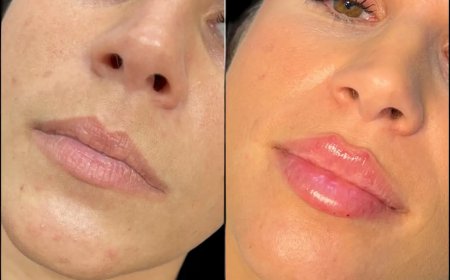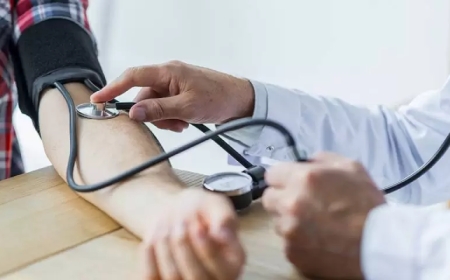From Confusion to Clarity: Understanding Your Full Body Checkup Report

You did the responsible thing booked your full body checkup, gave your samples, and received your report. But now youre staring at pages of numbers, abbreviations, and medical terms that sound like a foreign language. CBC, LFT, TSH, HDL, SGPT what do they even mean? The reality is, a full body checkup is only as powerful as your ability to understand it. Turning those numbers into knowledge is where true clarity and control begins.
Every full body checkup is designed to give you a snapshot of your internal health. But unless someone explains whats normal, whats borderline, and what needs attention, the report can feel intimidating. The key is to break it down section by section, so you can interpret your bodys story and act on it with confidence.
Lets begin with the basics. The CBC (Complete Blood Count) portion of your full body checkup shows how your blood cells are performing. It looks at red blood cells (oxygen transport), white blood cells (immune response), hemoglobin (iron levels), and platelets (clotting ability). Low hemoglobin? You might be iron-deficient. Elevated WBC count? There could be an infection brewing. Its the first layer of insight.
Then comes the lipid profile. This is where your good cholesterol (HDL), bad cholesterol (LDL), and triglycerides are measured. A full body checkup uses these markers to assess your heart health. If your LDL is too high or HDL too low, it could signal risk for cardiovascular issues. Fortunately, these numbers are very responsive to diet and lifestyle once you know, you can act.
Next up is the liver function test (LFT), which checks enzymes like SGOT, SGPT, and bilirubin levels. If your full body checkup shows elevated values here, it might indicate liver inflammation often caused by alcohol, fatty diet, or medication overload. Again, catching it early means you can reverse it before it becomes chronic.
Kidney function is equally critical. Creatinine and blood urea nitrogen (BUN) levels in your full body checkup reflect how well your kidneys are filtering waste. If these values are off, hydration, protein intake, or even long-term supplement use may need review. Chronic kidney issues start subtly this is how you catch them.
The thyroid panel, especially TSH (Thyroid Stimulating Hormone), tells you about your metabolism. Many people walk around with undiagnosed hypothyroidism or hyperthyroidism, which causes weight changes, fatigue, or mood swings. A full body checkup highlights these imbalances so you can regulate them before they wreak havoc on daily life.
Sugar levels both fasting glucose and HbA1c are central to your full body checkup. While a one-time sugar reading shows the present moment, HbA1c gives you a 3-month average of your blood sugar trends. This is crucial for diagnosing prediabetes or diabetes and taking steps before medication becomes necessary.
Then there are vitamin and mineral panels. A full body checkup may include Vitamin D, B12, calcium, and magnesium all essential for energy, immunity, and nervous system balance. Low levels in these areas are often responsible for fatigue, poor focus, and muscle cramps. Simple supplementation after a test result can drastically improve quality of life.
Understanding your full body checkup report isnt about becoming a doctor. Its about connecting the dots between how you feel and whats happening inside. If youve been feeling tired, foggy, or out of sync, the answers might already be in those pages. Ignoring the report, or not reviewing it with a professional, means missing opportunities for better living.
Thats why choosing a diagnostic service like Swasthyapro makes a difference. With clear explanations, color-coded ranges, and expert-reviewed insights, your full body checkup becomes more than data it becomes a roadmap. You dont just get test results; you get interpretation and direction.
Your health isnt hidden in a lab report its revealed.
?Dont leave your future to confusion.
Book your Swasthyapro full body checkup today, and turn numbers into knowledge, and knowledge into action.


































